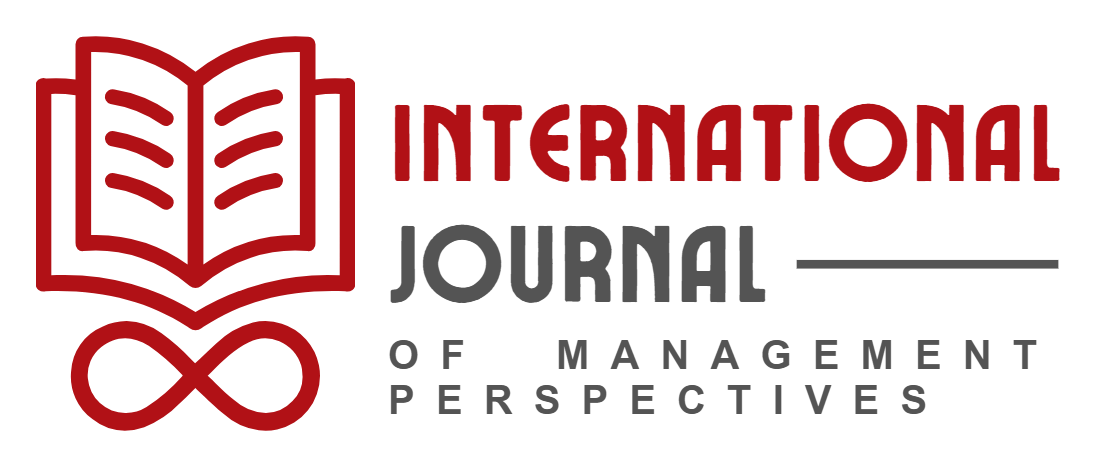Damtew Teferra
29 August 2015 Issue No:157
The Times Higher Education or THE, one of the publishers of the global rankings of higher education institutions, with the University of Johannesburg recently hosted an Africa Universities Summit titled “Moving Africa’s Universities Forward: Building a shared global legacy” to provide insights into “best practice in the development of world-class teaching and research and shaping institutional strategic missions in an African and international context”.
Disappointingly, this took place in the absence of critical players of African higher education, despite indicating that the programme included a consultation on proposals for rankings for the region. Alas, moving Africa’s universities forward and building a shared global legacy through rankings by THE!
Solitary fanfare
The conference gained traction by inviting former South African president, Thabo Mbeki, as its keynote speaker.
But legitimacy quickly faded due to the absence of major continental and regional representatives of African higher education – such as the Association of African Universities or AAU, Association of West African Universities, Inter-University Council for East Africa or IUCEA, African and Malagasy Council for Higher Education, and African Union Commission, which undertakes and oversees numerous higher education initiatives.
The conference also ignored a number of major initiatives recently undertaken to revitalise African higher education including the African Higher Education Summit in Senegal in March 2015, the AAU’s general conference in Rwanda in June 2015, and one by IUCEA in Kenya in May 2015.
The African Union also convened a major event in Ethiopia in June 2015 to develop a continental education strategy – taking into account these collective deliberations – through a broad consultative approach.
Rankings rejection?
Major stakeholders in African higher education are pursuing more serious advances for the sector through the post-2015 sustainable development goals.
African leaders, led by African Union Commission chair Dr Nkosazana Dlamini-Zuma and Senegalese President Macky Sall, have pledged to build on the deliberations of the Dakar summit with their immediate counterparts and other global political and economic players.
The Johannesburg conversations about ranking, masquerading as “building a shared global legacy” undermine progress towards a collective continental agenda.
Many observers have serious reservations about the ranking obsession in general and the wisdom of following it with a continental ranking of African higher education.
The fact that THE seems to be attempting to gain influence in Africa by creating a regional ranking after only limited public discussion may suggest concern for the possibility of an outright rejection of their ranking methodology and impact by those African higher education representatives mentioned above.
Irrelevant exercise
Rankings measure research output based on major global databases that collect about 5% of the world’s knowledge production in academic journals.
Africa’s output is hampered by numerous factors including dissonance between the region’s social, economic and developmental interests and the predilections of these global publications.
Such selective journals, mostly based in rich industrialised countries, have limited interest in publishing on themes of critical relevance to Africa.
Important issues for the continent such as “The prevalence of bilharzia in DRC” or “Wheat productivity in Ethiopia” or “Housing challenges in Lagos” or “Child soldiers in conflict zones” or even “Mobile money transfer in Kenya” are generally judged to be of limited – if any – interest to their editors and readers.
Hollow league of universities
The top 15 African universities list unveiled before the THEconference included the usual African institutions, with the University of Cape Town at the top. My own University of KwaZulu-Natal, which scored the highest in research productivity in the nation for two years running, stood fifth.
Discrepancies with other rankings only add questions about the usefulness of ranking. Morocco’s Université Cadi Ayyad, comfortably seated at 10 in THE’s Top 15, only managed a 37th position according to Web Matrix.
French- and Portuguese-language African universities, which account for half of the institutions on the continent, were completely absent.
The limitations of this exercise are not in omission as much as in inclusion. The University of Johannesburg, host of the THEconference, and UNISA, a largely distance learning institution, were included in the Top 15 list.
As a matter of coincidence, UNISA has been in the news lately not for its excellence, but its unveiling of an open-book assessment programme, in “an attempt to push through more graduates” that has raised concern about massive cheating.
Inevitably, and regardless, the high rankings presented by THE will be leveraged by these institutions for marketing purposes.
A continental study, undertaken by the International Network for Higher Education in Africa, will soon be published in “Flagship Universities in Africa: Role, impact and trajectory” (working title).
It will reveal that the research productivity of these institutions are in fact closely comparable, making the distinctions of rankings irrelevant and distracting.
Conclusion
Ignoring the major continental, regional and sub-regional players and stakeholders in African higher education in THE’s “regional conversation” and calling it a consultative process is somewhat disingenuous.
It is plausible that these critical institutions were deliberately marginalised for fear of their public rejection of a new ranking being rolled out in Africa.
Africa must speak with one voice in rejecting any kind of continental initiative without the participation of appropriate representatives. The idea of rankings should be banished from the continent’s higher education conversation that should, instead, focus on fortifying this fast-growing sector as Mbeki stressed in his keynote.
Rankings may make sense in places where measurable and comparable elements (data and information) exist, are well organised, readily available and reasonably reliable.
It is the lack of these features that prompted Kofi Annan to declare that the need for building intellectual capacity must be an urgent priority for Africa, in his speech at the Dakar summit.
On a continent where the number of higher learning institutions is actually unknown, attempting to establish their status based on alien platforms and processes may be a futile exercise and, at the very least, an unwelcome distraction.
Dr Damtew Teferra is a professor of higher education, the leader of Higher Education Training and Development, and founding director of the International Network for Higher Education in Africa, based at the University of KwaZulu-Natal in South Africa. He is also editor-in-chief of the International Journal of African Higher Education.
Related Links
AFRICA
Get rankings right for Africa, university leaders urge
Disclaimer
All reader responses posted on this site are those of the reader ONLY and NOT those of University World News or Higher Education Web Publishing, their associated trademarks, websites and services. University World News or Higher Education Web Publishing does not necessarily endorse, support, sanction, encourage, verify or agree with any comments, opinions or statements or other content provided by readers.


